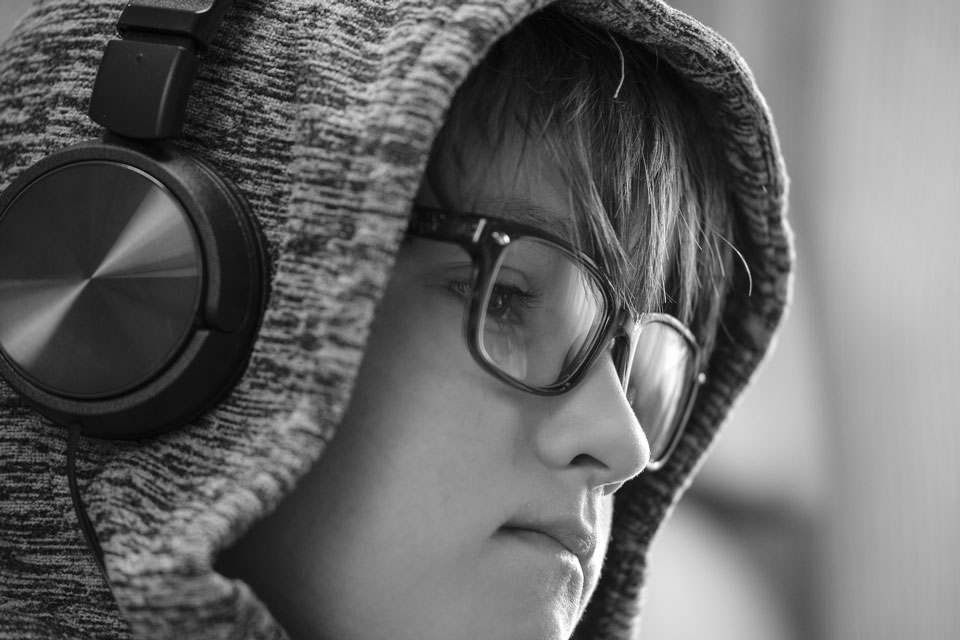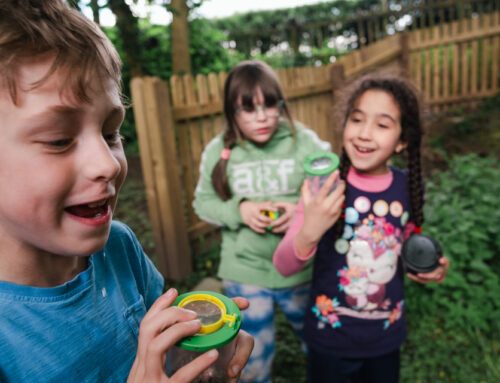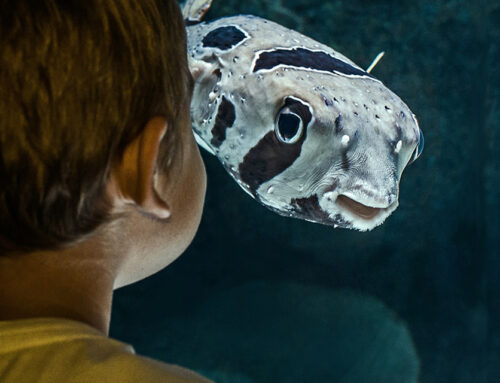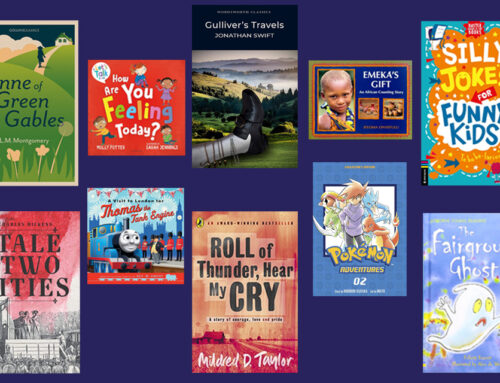DME learners have one or more special educational need or disability alongside high ability or achievement.
In her 2015 book, Teaching Gifted Children with Special Educational Needs, Professor Diane Montgomery noted that ‘if we meet the needs of pupils with DME then the school experience and the achievement of all children will be raised’. This is because a holistic approach that taps into individual strengths meets the needs of all, yet, getting it right for young people with DME brings this practice into sharp relief.
Little has been provided in the way of guidance to schools about identifying and meeting the needs of DME learners since 2008, when there were two documents issued by the then DCSF on the topic. Both of these are referenced below. In the US and Australia, DME is referred to as Twice-exceptional (or 2e) and information can be found on the subject under this terminology.
DME learners are an under-identified group because their significant strengths can mask the impact of a special educational need or disability on daily functioning. Likewise, their challenges can obscure their love of learning.
Published in 2018, nasen’s Dual & Multiple Exceptionality (DME) The Current State of Play identified gaps in provision for dual or multiple exceptional learners. Studies across the world focusing on the DME profiles of young people, have highlighted that these individuals regularly underachieve, which is often wrongly attributed to a lack of effort on their part. This increases the likelihood that behavioural interventions will be implemented for social and wellbeing problems without the underlying issues being addressed.
Asynchronous Development in DME Learners
Asynchronous development is a term used to describe an uneven development between cognitive, emotional and physical abilities and is especially useful when discussing identification and support for learners with DME.
Looking in detail at a comparison between areas of development for DME learners reveals extreme differences with some areas significantly advanced for their age and others lagging behind (an example might be reading achievement significantly ahead and fine motor skills lagging behind). These extreme differences are well-documented as causing a failure to identify needs, underachievement, frustration and anxiety in DME learners, all of which contribute to a decline in wellbeing and can result in behavioural issues.
SEND in seemingly bright students is frequently overlooked, leading to underachievement, missed opportunities for intervention and misunderstanding. It is vitally important to understand an individual’s profile as early as possible to enable supports to be put into place in a timely manner.
Supporting DME Learners
What, then, is a tried-and-tested method of support for DME learners? DME young people have diverse profiles and needs in cognitive, academic and social and emotional areas. The first step to supporting them is a comprehensive view of these, both quantitatively via available data and qualitatively via work samples and feedback from students, teachers and parents. In Twice-Exceptional Gifted Children published in 2011 and based on her extensive research on the topic, Beverly Trail proposes considering a student’s strengths and challenges in the areas of cognitive style, achievement, relationships, self-understanding and self-actualisation (the latter including self-control, independence and persistence).
Focus on Strengths
Research has shown that focusing on weaknesses at the expense of areas of strength for DME learners (as is the case with other groups) results in poor self-esteem, lack of motivation, depression and stress. It is therefore critically important to work to improve areas of weakness through the DME learner’s strengths, even if those strengths are significantly in advance of what is usually expected for their age.
Support Cognitive Processing
Neurodiverse individuals have diverse ways of thinking and learning which can be at odds with the instructional style of schools, contributing to a failure to achieve academically or at least to achieve to their potential. Montgomery (2015) notes that DME learners need a constructivist approach to learning and teaching; to be active participants in the learning process, with choice in the ways that they are able to access information and show their understanding. Some DME learners need support for executive functioning deficits or sensory processing challenges.
Encourage Academic Achievement
DME learners need to have opportunities to use their advanced knowledge, abstract thinking, reasoning skills and creativity relating to their areas of strength, while also receiving interventions in their areas of weakness. This means promoting academic success by embracing their advanced abilities and intense interests, so that these facets of their character are accepted and valued by teachers and the whole school community. For DME students with dyslexia, dysgraphia and dyscalculia, interventions that encourage fluency and automaticity that also use high-level thinking concepts will raise academic achievement.
Develop Positive Relationships
Strong, positive relationships with peers, parents and other adults are important for every child and a significant factor for academic success. They are vital for DME learners with asynchronous development which is often misunderstood. In addition, some DME learners, such as those with an autism spectrum disorder, may have particular difficulties in this area and need specific instruction in self-advocacy. The aim is for DME children to have positive peer relationships, both with class peers and through interest or strength areas; for challenging behaviour to be managed through consistent understanding and support that helps DME learners maintain a bond of trust and develop emotional regulation skills over time; and for parents to empower their children to deal with their challenges.
Nurture Self-Understanding
Research shows DME learners often have characteristics of anxiety, confusion, frustration, hypersensitivity, perfectionism and self-criticism, all of which make them vulnerable. They can have trouble meeting their own or others’ expectations. Understanding their own strengths, weaknesses and optimal arrangements for success, as well developing a growth mindset, will increase their efficacy. Since experiencing success is a large contributory factor to future achievement, DME learners can become effective learners if they receive coaching which helps them to discover the best ways for them to work; have appropriate support in how to set realistic goals; and learn how to break those goals into steps that will enable them to achieve them.
Dual or multiple exceptional learners are at risk where their strengths and challenges are unidentified and misunderstood. Getting support right for this group of learners will impact positively on whole-school provision. The framework above provides a context for understanding the various challenges that these learners face and, therefore, the understanding, support and interventions they need to thrive.
There is more information about dual or multiple exceptional learners on the DME Trust website – a joint initiative between Potential Plus UK and nasen. Also see nasen’s report on DME. Potential Plus UK runs professional development workshops for teachers on the topic. Find out how to book a session for your school.
References
Amend, E., Schuler, P., Beaver-Gavin, K., & Beights, R. (2009). A unique challenge: Sorting out the differences between giftedness and Asperger’s disorder. Gifted Child Today, 32(4), 57-63.
Baum, S., Schader, R., & Hébert, T. (2014). Through a different lens: Reflecting on a strengths-based, talent-focused approach for twice-exceptional learners. Gifted Child Quarterly, 58, 311-327.
Baum, S., Schader, R., & Owen, S. (2017). To be gifted and learning disabled. (3 ed.). Waco: Prufrock Press.
Brody, L., & Mills, C. (1997). Gifted children with learning disabilities: A review of issues. Journal of Learning Disabilities, 30, 282-296.
DCSF (2008). Gifted and talented education: helping to find and support children with dual or multiple exceptionalities.
DCSF (2008). Gifted and talented education: guidance on preventing underachievement – a focus on dual or multiple exceptionalities
Hughes, C. (2011). Twice exceptional children: Twice the challenges, twice the joys. In J. Castellano, & A. Dawn Frazier, Special Populations in Gifted Educations (pp. 153-174). Waco: Prufrock Press.
Falck, F. (2019). Extreme intelligence: Development, Predicaments, Implications. London: Routledge
Kreger-Silverman, L. (2015). The Two-edged sword of compensation: How the gifted cope with learning disabilities. Denver: The Institute for Advanced Developments.
McCallum, R., Bell, S., Coles, J., Caldwell-Miller, K., Hopkins, M., & Hilton-Prillhart, A. (2013). A model for screening twice-exceptional students (gifted with learning disabilities) within a response to intervention paradigm. Gifted Child Quarterly, 57(4), 209-221.
McKeown, S. 9 October 2017: Understanding students with dual/multiple exceptionalities (DME). In Teach Secondary online.
Montgomery, D. (2015). Teaching gifted children with special educational needs: supporting dual and multiple exceptionality. London: Routledge.
Olenchak, R., Jacobs, L., Hussain, M., Lee, K., & Gaa, J. (2016). Giftedness plus talent plus disabilities. Twice-exceptional persons, the 21st century and lifespan development as viewed through an affective lens. In D. Ambrose, & R. Sternberg (Red.), Giftedness and talent in the 21st Century. Adapting to the turbulence of globalization. (pp. 255-282). Rotterdam: Sense.
Potential Plus UK (2018) Dual or multiple exceptionality (DME) factsheet, London.
Reis, S., & McCoach, D. (2002). Underachievement in gifted and talented students with special needs. Exceptionality, 10, 113-125.
Ryan, A., & Waterman, C. (2018). Dual & multiple exceptionality (DME) The current state of play, nasen, London
Trail, B. (2011). Twice exceptional gifted children. Understanding, teaching and counselling gifted students. Waco: Prufrock Press.
Yates, D. (2012) Young, gifted and special. In SEN Magazine online publication.
Many thanks to nasen for allowing the author to share this article, originally published on the WholeSchoolSend website in January 2020.
About the author: Rebecca Howell is Potential Plus UK’s Senior Education Consultant. She leads various aspects of the organisation, including oversight of the assessment and advice services. She is passionate about leadership and developing new services to support members. With a background in educational leadership, she has 3 children with high learning potential/dual or multiple exceptionality.






